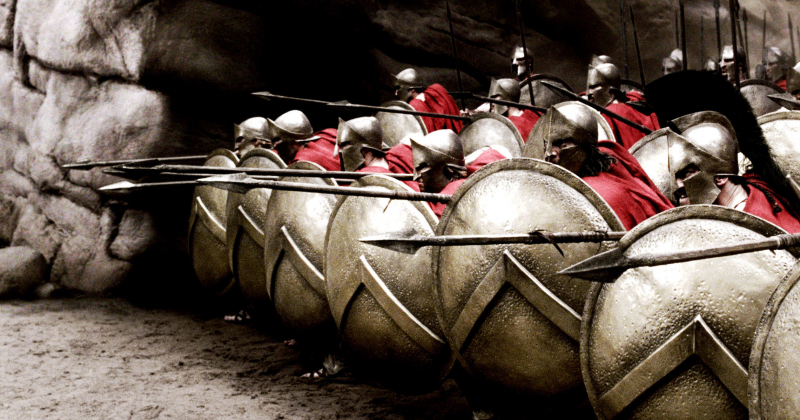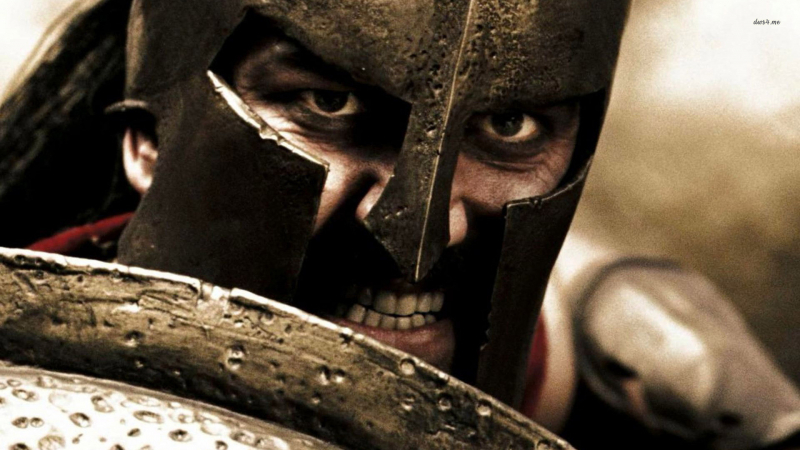Spartans
We frequently misunderstand the Spartans. Given all we're told and shown about the legendary Greek soldiers who fought the Athenian army, it makes sense. However, the fact that we know so little about Spartans accounts for a significant portion of the misconceptions we have about them.
It has been established that we were mistaken about certain important details regarding these famous warriors. To begin with, Sparta was not the name of a Greek city-state in the ancient world. Instead, the Spartans were based at Lacedaemon. The martial society of Sparta expanded during the Peloponnesian War, which took place during 431-404 BC, and confronted rival city-state Athens. Their culture was based on allegiance to the state and early military duty.
Spartan boys started their training and state-sponsored education as early as age seven. They learned what it meant to be a Spartan, which involved comprehending loyalty to one's country, tenacity, and discipline. Any fit man might join the Spartan army.
The relationship between the Spartans and the rest of Greece was possibly the most common misperception about them. Even though Greece's union took a while, the Spartans were not as much of a hero for the Greek cause as we have been led to believe. Due to their opposition to democracy, they declined to join the all-Greek alliance before the Greco-Persian War. They were brave soldiers who ultimately fought alongside the Greeks, but they were not the unflappable heroes that have been painted as such.












